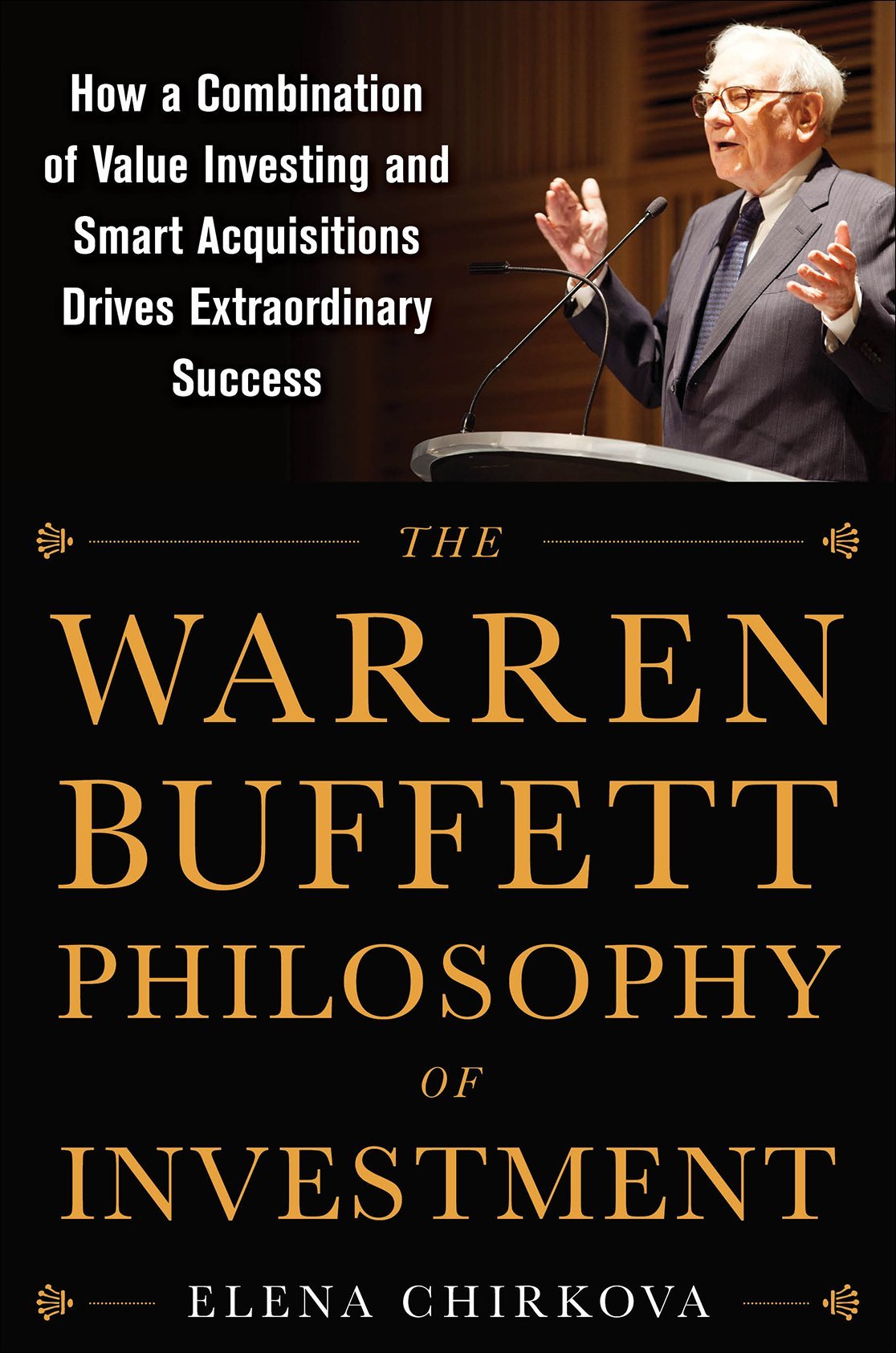Book review - The Age of Anomaly by Andrei Polgar
The short version: This book provides a perfect case study for why a good editor is worth his or her salary.
The Age of Anomaly is filled with valuable information and analysis, but the writing style comes across more like a YouTube monologue than a book. That is either an advantage or a disadvantage, depending on your preference. But at a certain point, I've had enough comments like "I'm sorry, but..." or "I just want to make very clear that..."
A good editor would suggest punchier alternatives, reduce repetition, and make these worthwhile ideas far more readable.
The long version: Above, I criticized the writing style. It probably comes across harsher than I intend, because:
- The author alludes to growing up in Eastern Europe. Writing an entire book in a language that isn't your native tongue is a pretty impressive feat!
- The writing style isn't really the main selling point of the book. He's giving you information, not writing a novel.
- I'm extremely well-read. So I'm used to reading books that were written by professional writers and edited by experienced editors. The informal, conversational writing style of this book therefore got under my skin more than it would bother most other people.
- I can see some of myself in this writing style. I have worked on [presently unfinished] books myself, only to cringe when I read over it later. Intellectually-inclined writers seem to be too wordy. That's why a good editor is worth more than even a hot stock tip!
Aspects of the book that impressed me:
- A description of past financial bubbles, along with an analysis of their commonalities and differences.
-Laying this information out in the span of about 100 pages is extremely helpful, in my view.
A+ for this section! This segment alone justifies buying the book. - Polgar encourages readers to embrace uncertainty. A wise approach, even if it's not a popular one.
- He provides very specific advice whenever possible.
- An evaluation of a wide variety of assets, from precious metals and real estate to cryptocurrency, web domains, and antiques.
- A levelheaded analysis of assets like cryptocurrency and web domains. While I'm more reserved about cryptocurrency than Polgar, I recognize that it does have some advantages. His point about its exceptional portability is well-taken!
- He donates a chapter to mental resilience. A good thought! I'm not sure how good the execution was, but at least he draws the reader's attention to the importance of being flexible and strong--important qualities for a wise investor!
- On a couple different occasions, he warns against "prepping."
As an extended example of Polgar's writing at its best, he opens with this catchy introduction:
"You’ve probably heard the reasonably famous story about how if you place a frog in cold water and gradually increase the water’s temperature, the frog won’t notice it’s being boiled alive. Well, that is just a myth. Frogs are
apparently smarter than we give them credit for and as University of
Oklahoma’s Dr. Victor Hutchinson and others pointed out, they’d simply
escape in such a scenario.
For humans, however, the metaphor fits like a glove.
But what’s this metaphor all about anyway? Simply put, it tells us our reactions to gradually unfolding threats is slow or even non-existent. If you see a man carrying a gun running toward you, running away seems like the natural thing to do. But if the gunman goes about it in a less obvious manner, the likelihood of you running away decreases. If he’s really good, he might even manipulate and befriend you, thereby getting close to a victim who welcomes him with open arms.
In his The Black Swan book, Nassim Taleb gives an eloquent example:
“A turkey is fed for 1,000 days by a butcher, and every day confirms to the turkey and the turkey’s economics department and the turkey’s risk management department and the turkey’s analytical department that the butcher loves turkeys, and every day brings more confidence to the statement. But on day 1,001, there will be a surprise for the turkey…”
… but what does all of this have to do with my book?
The Age of Anomaly has one purpose and one purpose only: enabling readers to prepare for future financial calamities by helping them become better and better at spotting anomalies on the one hand and on the other hand, helping them be more resilient in general. Contrary to popular belief, you don’t have to be brilliant to land on your feet after a financial crisis, you merely need to stop being outsmarted by frogs. The most frustrating aspect (to me, at least) about what I like to call economic anomalies is that they’re anything but subtle. In hindsight, they seem blatantly obvious but what exactly about them is it that makes otherwise rational individuals ignore clear warning signals?
In my opinion, it all revolves around an extremely effective numbing
mechanism. We don’t notice blatantly obvious anomalies mostly because we don’t want to. And since we don’t want to notice them, we perhaps
subconsciously choose not to. I’ll kill two birds with one stone by making an
analogy to a “relative” of the turkey through yet another myth: that ostriches
bury their heads in the sand in a reality-defying attempt at hiding from
predators.
Hint: they don’t but we do."If you're interested, you can find the book at Amazon, among other sources.

















